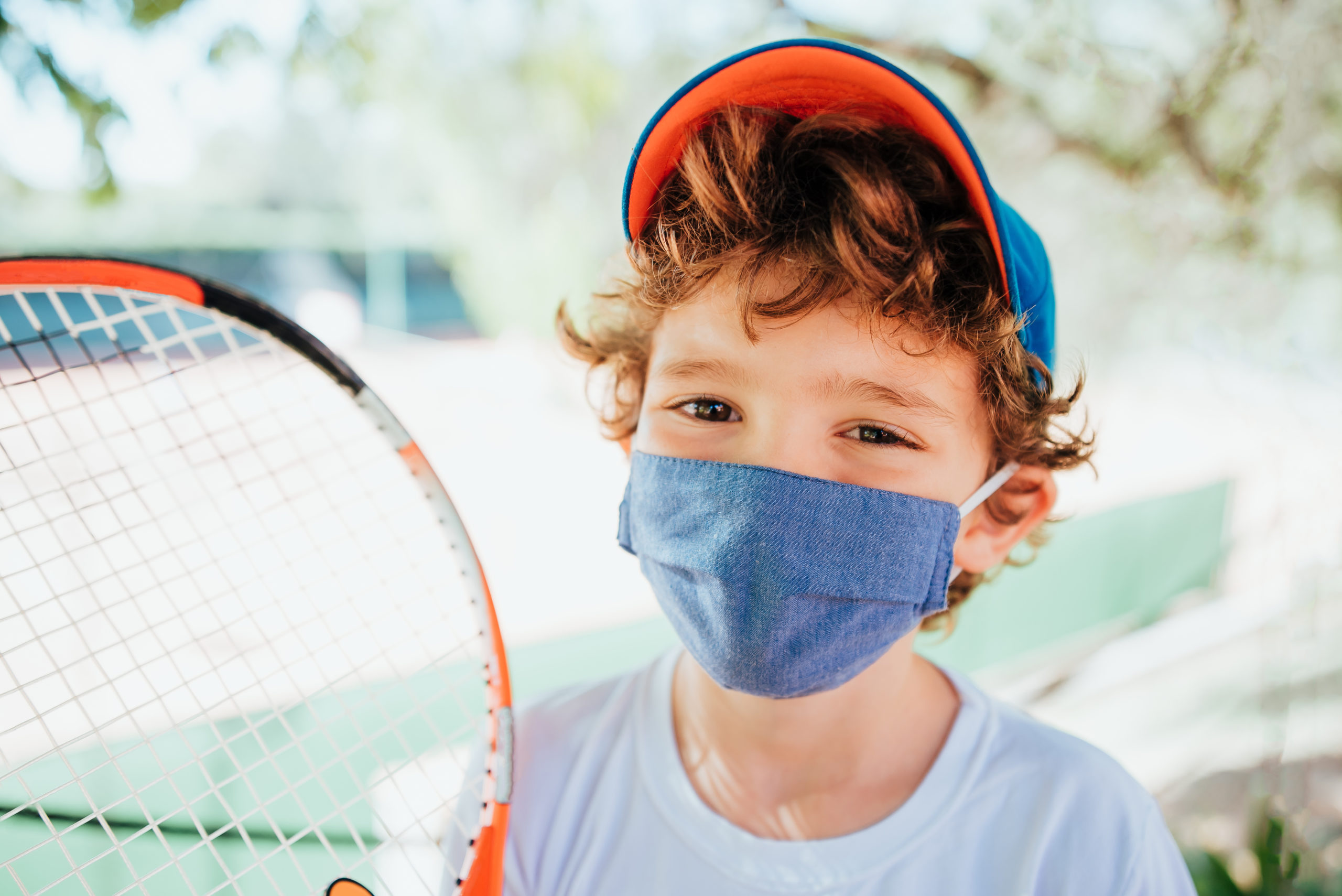As communities in a number of states begin to open up, state-by-state conversations are being held about if, how, and when camps can open. Provided your state/local public health authority makes a determination that camps can open, and your camp has completed a thorough risk assessment that it will open, it is important to hope for the best, yet plan for the possibility that coronavirus may circulate in camp this season. That means creating a strong communicable disease plan where communication with all your stakeholders— parents/guardians in particular — before, during, and after a camp session is key for the safest summer possible for your campers, staff, and families.
Clear, calm, timely, and consistent communication with parents can alleviate fears and build trust. Given the COVID-19 media blitz of the past few months, camp directors should already be communicating with parents about camp plans around COVID-19 on a regular basis. These conversations should demonstrate your awareness and monitoring of the situation and should be placed in the context of the policies and procedures that your camp has in place to make every year healthy. (See the Marketing and Communications section of ACA’s COVID-19 — Resource Center for Camps for sample language.)
If you have not done so in past years, now is a good time to make sure that health and communicable diseases are a standard section in pre-camp communication with parents. Set a date for health forms and immunization records. Communicate your vaccination and illness/infection screening policies (especially if you will be screening prior to campers getting on buses) and discuss clearly if you will refuse ill campers. Set expectations about how often parents will hear from you or your health staff about issues — especially important if related to occurrence(s) of COVID-19 in or near camp. You will also want to clearly state your established relationships with local public health, emergency, and pediatric providers.
If campers or staff are screened/treated for health issues in camp, infectious or otherwise, it is always a good practice to communicate early with parents. Camp directors should consider how to manage the triangle of communication between parent, physician, and camp director, and who will be the primary voice. Camp directors and health staff will want to consider a communication form for physicians when campers are evaluated out of camp or insist on a direct call from the evaluating physician about the camper. For day camps, communication with a child’s parent(s)/guardian about doctor visits is essential to ensure a successful return to camp. Consider specifically requesting the physician outline return-to-camp guidelines that you can share with parents.
Communication of health issues should continue after campers head home and is essential for your camp’s trust and campers’ health. Consider having your health staff draft quick health notes for any camper who has had ongoing health issues at camp. For example, make sure to communicate to a parent/guardian if their child has had a tick removed during camp so they can continue to screen for Lyme symptoms at home. Camp directors may also want to communicate with parents widely about diagnoses (e.g., strep throat, impetigo, viruses) seen during the last weeks of camp, signs and symptoms to watch for at home, and what you’ve done to send their kids home healthy.
Lastly, camp directors should proactively establish relationships with local public health officials and pediatric/emergency providers, and let parents/guardians know you have done so. Bookmark your local and state health websites and ensure your local health department has a single point of contact for your camp health center. Make sure you can confirm with parents for the COVID-19 season and beyond that you know what, when, how, and to whom to report infectious disease concerns.
Camps should put into place common sense policies for prevention, consider their response plans, and communicate clearly with parents, campers, and staff. Camp directors and health staff are experienced in managing expected and unexpected challenges of camping (communicable disease management is no different), as well as parent fears about sending their children away from home. While COVID-19 may add an additional layer of concern for anxious parents/guardians, communicating well and often will allow them peace of mind in knowing the decision they make to send their child to camp is an informed one.
NOTE: For additional guidance on communication related to the COVID-19 pandemic, refer to the communications section of the Field Guide for Camps on Implementation of CDC Guidance from Environmental Health & Engineering, Inc.
